AM / PM Protocol
Optimize Sleep and Circadian Health with Chronobiological Scenting
Our Chronobiological Scenting Strategy is designed to align with and support residents' natural circadian rhythms, [1] helping to manage and mitigate sundowning symptoms. [2] By using targeted scents at key times of the day—invigorating tangerine in the morning and calming lavender in the evening —we help stabilize sleep-wake cycles, reducing agitation and enhancing cognitive health.
Morning Activation
Evening Relaxation:
- Scent: Lavender
- Benefits: Reduces agitation, improves sleep, and eases sundowning symptoms. Evening routines become calmer, signaling the body to wind down
How It Works: This strategy leverages the concept of Zeitgebers—external cues like scents—to condition residents' daily routines. [5], [6] By consistently using specific scents at specific times, we help anchor circadian rhythms, leading to better sleep quality, reduced evening confusion, and overall improved well-being
Key Benefits:
- Enhanced Sleep Patterns: Promotes deeper, more restful sleep by aligning residents’ sleep-wake cycles with natural rhythms.
- Reduced Agitation: Minimizes evening confusion and agitation, particularly in residents with dementia.
- Simplified Care: Easily integrates into your facility’s daily routines, providing a non-invasive way to support resident well-being without adding to staff workload.
Conclusion:
By adopting our Chronobiological Scenting strategy, your facility can create a structured, supportive environment that enhances cognitive health by stabilizing circadian rhythms. We provide everything you need—from the technology and equipment to the full implementation—making this a "done for you" solution. Our approach not only improves the quality of life for residents but also streamlines daily care, allowing your staff to focus on what they do best: providing compassionate, personalized care.
BONUS:
Studies have demonstrated that lavender aroma can improve sleep quality, increase relaxation, and enhance slow-wave sleep (SWS) [7][8]. Recent research supports that SWS is crucial for the glymphatic clearance of proteins that aggregate in Alzheimer's disease, and its loss is associated with an increased risk of dementia [9]. A comprehensive article by Rebecca Dyer highlights the critical role of slow-wave sleep in reducing dementia risk, explaining that people over-60s are 27% more likely to develop dementia if they lose just 1% of this deep sleep each year. Read the full article here.
The use of lavender to improve sleep has been extensively studied in academic literature with consistent results yielding a positive effect. In 2023 research was published by Yang Et al. quantifying these effects. The results showed a 24-43 minute increase in total sleep, a 24-39 minute in sleep period time, with an improvement in both non-rapid eye movement (NREM) and rapid eye movement (REM) as well as a decrease in spontaneous arousals. [10]
